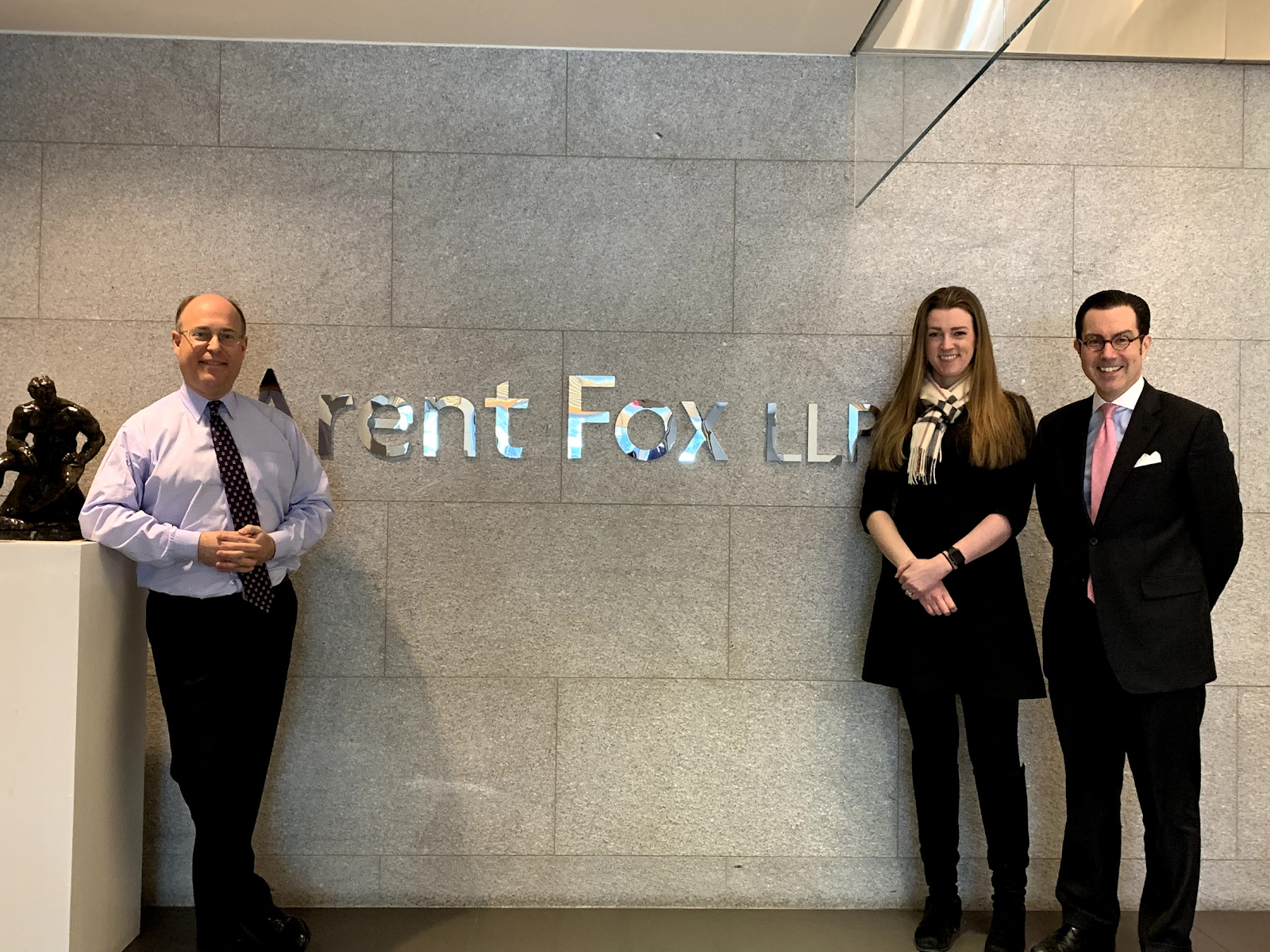February 06, 2019

What if, even amidst all the acrimony inflaming our politics these days, we really could all get along -- at least about some things? What if, while holding true to our varied, principled views, we could communicate, civilly, across the partisan divide? What if, in fact, we could even enjoy doing that?
Might it be possible to get some things done?
We’re posting today’s show the day after President Trump’s State of the Union address, and just a few weeks into the tenure of the very unique 116th Congress. We’ve just gone through the holidays with families worrying that political debates might ruin their dinner gatherings. We’ve just gone through the government shutdown, and now the deadline for avoiding the next one is just a week away. It feels like half the country is arguing about politics and the other half has tuned out, figuring, why bother, since Washington is gridlocked and nothing can get done anyway.
So I asked them to come on the show, along with fintech expert Kate Flocken from the firm’s emerging technologies group, to share with you, our listeners, the secrets of how to get things done in a polarized and partisan environment. We recorded it, actually, on Day 32 of the 35 day shutdown.
Their first piece of advice is to forget the notion that nothing can get done. As Dan pointed out, the House has about 100 new members, and that is more than 20% of the total institution. This makes it a whole new organization, full of opportunities for fresh starts. Also, for those of us working in technology, we suddenly have a huge new cohort of members of Congress who are digitally-native -- who grew up with technology as a core part of their lives. We’ve never had this before. It can make whole new debates possible. And as my guests say, we’re even seeing the Congressional rules start to modernize.
Beyond that, my guests shared insights on how to be effective with policymakers and regulators -- especially for startups. Is it best to lie low and hope the government won’t notice you? Or is it smarter to go talk with them -- state or federal regulators, and legislators? Should you get to know your members of Congress and their staffs? If so, how do you do that? Who should you reach out to? Why would they want to talk with you? And what would happen if, sometime soon, you suddenly face a crisis, a regulatory or enforcement issue, and your company’s very first government interactions have you on defense, dealing with people who don’t understand you? Kate shares a great story about that scenario. And Jon makes a memorable point that every former member of Congress has a story about what they’re most proud of, that almost always began with talking with one person.
We also had a far-ranging discussion of the policy outlook this year for tech and fintech. Will there be privacy legislation? How are policymakers thinking about consumer data protection? Or alternative data in credit underwriting? What are the dangers that Congress or regulators might accidentally strangle innovation that could help consumers? How do ideas on big topics like these gestate over time in the policymaking process? Can they sometimes seem stuck, be stuck, and then suddenly move? (The answer to that is yes, they definitely can.) And of course, Dan helpfully compares and contrasts real life with House of Cards.
My guests even take on the big question: if you’re going to meet with regulators or legislators in some marble-columned building in Washington, do you -- or don’t you -- have to wear a suit?
More for our Listeners
Remember to subscribe to Barefoot Innovation for the newsletter, podcast and updates, and follow me on Twitter, LinkedIn, and Facebook. And be sure to subscribe to Barefoot Innovation on your favorite podcast platform and leave a 5 star review to help us grow the show.
We have great podcast episodes in the queue. We’ll have one with Steve Cohen of Basis Technology on artificial intelligence and another from Boston with Lamont Young, who’s leading digital innovation at Citizens Bank. And we’ll talk with one of the most thoughtful people in finance, Brian Brooks, General Counsel of Coinbase. We’ll also have a special episode on Women in Fintech, and a terrific discussion with the fascinating community bank, NBKC.
We also have three great shows coming up with Washington officials. One is with Counselor to the Secretary of the Treasury, Craig Phillips, whose team issued the Treasury fintech report last year. And we’re excited to have a second episode coming up with the Chairman of the CFTC, Chris Giancarlo. We also recorded a show in New York last month with Brett King about his new book, Bank 4.0 (available now on Amazon). I co-wrote the regulatory chapter with Brett and love the book — it’s an amazing read.
Stay informed by joining our mailing list
